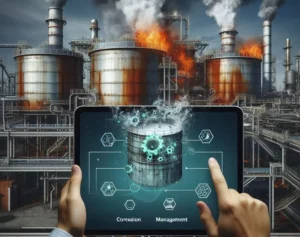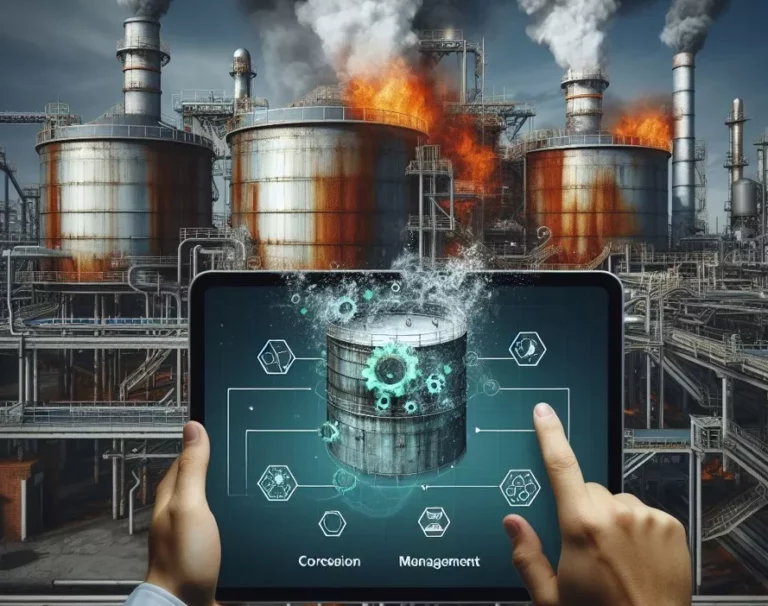Author: Ing. Antonio Zavarce, April 23, 2023.
Currently, energy sustainability is a fundamental issue in all areas of society. The need to reduce greenhouse gas emissions and improve energy efficiency has become a priority for governments, businesses and citizens around the world. In this sense, the energy industry has been one of the sectors most affected by the need to adapt to the new challenges posed by sustainability. Fortunately, new business models are lighting the way to energy sustainability.
The transition towards a more sustainable energy model requires a clear vision, a long-term strategy and, above all, the ability to innovate and adapt to change. In this sense, the new business models are offering innovative and effective solutions to face the challenges of energy sustainability.
Business models for energy sustainability
New investors no longer consider it enough that companies comply with environmental, profitable, and socially responsible management standards; but they bet towards a more sublime purpose than simple money when investing.
These investors from all over the world are becoming promoters of new sustainable ventures (new business models) and are betting on business ideas that implicitly have a positive impact on the well-being of society.
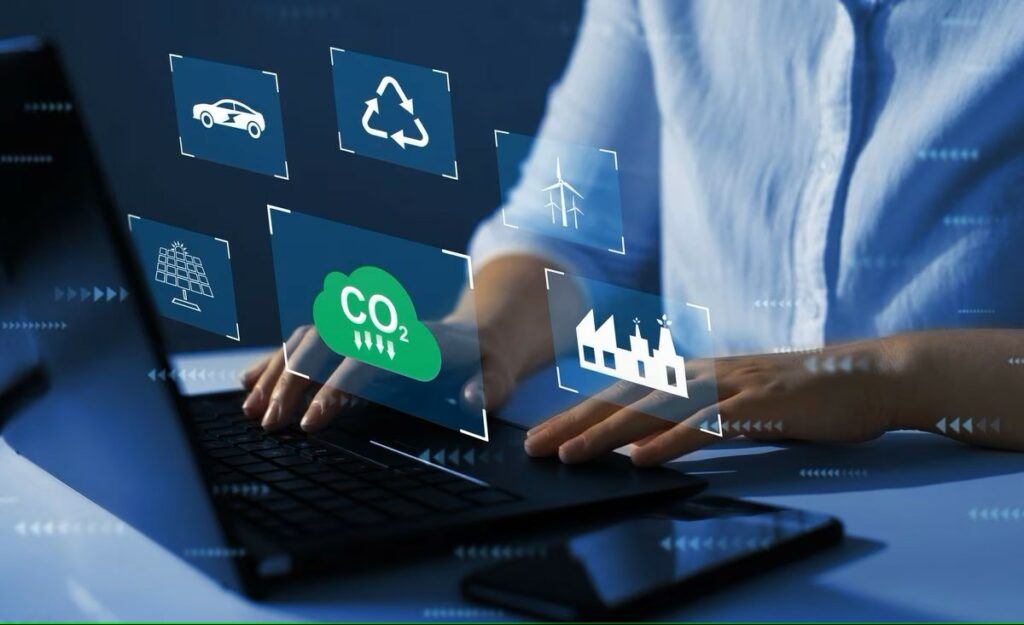
Among the main business models that are promoting energy sustainability, the following stand out:
Distributed power generation. Which involves the production of energy in small quantities at the local level, often using renewable energy sources, such as solar or wind power.
This business model is becoming an increasingly viable alternative for many companies and consumers, as it allows them to reduce their greenhouse gas emissions, as well as their energy costs in the long term.
In addition, this new form of distributed power generation can also be an effective solution to improve energy security and the resilience of the electrical grid, since it reduces the dependence on the energy produced in large power plants that may be vulnerable to technical failures or extreme weather events.
Energy efficiency . It involves optimizing energy consumption, which translates into a reduction in energy costs and greenhouse gas emissions. To do this, technologies and strategies are used that allow the most efficient use of energy, such as the use of LED lighting, energy management systems, and high-efficiency heating and cooling systems.
In addition, energy efficiency can also be a source of income generation for companies, since it allows them to reduce their operating costs and increase their competitiveness in the market. In this sense, many companies are implementing energy efficiency programs that allow them to reduce their greenhouse gas emissions and improve their profitability.
energy storage . It involves the ability to store electrical energy for later use. This can be especially useful in situations where renewable energy production does not match energy demand.
Sustainable and energy efficient solutions . For homes and businesses, which also contributes to the reduction of greenhouse gas emissions. Renewable energy, such as solar, wind and hydro power, is becoming more accessible and affordable, allowing people and businesses to generate their own power and reduce their reliance on fossil fuels.
For example, solar panels can be installed on the roofs of homes and businesses to generate clean, renewable energy. In addition, companies can adopt business models based on solar energy, such as renting solar panels or selling energy generated from solar panels. These models allow companies to generate additional revenue while reducing their carbon footprint.
Electric mobility. Electric vehicles are gaining ground around the world, and more and more companies are investing in electric vehicle charging technology. EV charging infrastructure is essential to driving EV adoption, and companies are seeing the opportunity to provide charging solutions in public and private locations.
In addition, electric vehicle technology is also being adopted by commercial vehicle fleets such as trucks and buses, further contributing to the reduction of greenhouse gas emissions in transportation.
The circular economy. This economy is based on the idea of reducing, reusing and recycling materials and products to minimize waste production and reduce pressure on natural resources. Companies are beginning to embrace this business model by implementing sustainable design and production practices, and using recycled and renewable materials.
Companies that have implemented these business models
There are several companies that have successfully implemented new business models that promote energy sustainability and the transition to cleaner and more renewable energy sources. Here are some cases of companies that have achieved this goal:
- Tesla: One of the best-known companies in the renewable energy and sustainability sector, the company was founded in 2003 and has created a wide range of products including electric vehicles, solar panels, and energy storage systems. Tesla ‘s focus on sustainability extends beyond its products, and the company has also worked to reduce its own carbon footprint through solar power and efficient energy management at its facilities.
Unilever: It is a leading company in the consumer goods sector, and has set an ambitious goal of being completely carbon neutral by 2030. Unilever is working to reduce greenhouse gas emissions in its supply chain, and has implemented a number of renewable energy initiatives at its facilities around the world.
IKEA: The Swedish retail company has been a leader in the implementation of renewable energy. Since 2009, this company has invested more than $2.8 billion in renewable energy and has installed solar panels in many of its stores. In addition, the company has set a goal to be completely carbon neutral by 2030, and has worked to reduce greenhouse gas emissions in its supply chain.
Google: It is another leading company in the implementation of renewable energy. Since 2010, Google has invested more than $2.5 billion in renewable energy, including the purchase of solar and wind power to power its facilities around the world. It has set a goal to be completely carbon neutral by 2020, and has worked to reduce greenhouse gas emissions in its supply chain.
Patagonia: It is a sportswear company that has taken a holistic approach to sustainability. The company has worked to reduce greenhouse gas emissions in its supply chain and has adopted more sustainable manufacturing practices. In addition, Patagonia has launched a series of initiatives aimed at promoting environmental awareness and has donated millions of dollars to organizations that work to conserve the environment.
Apple: The company has set a goal to be completely carbon neutral by 2030, has worked to reduce greenhouse gas emissions in its supply chain, and has invested in renewable energy, including building solar and wind farms. The company has also adopted more sustainable manufacturing practices and has launched initiatives to reduce the use of non-renewable materials in its products.
The ENEL Group : It is one of the largest public service companies in Italy, it is an example of a company that has adopted a sustainable business model and has integrated sustainability into its business strategy. In 2018, ENEL announced that it would invest €190 billion in renewable energy by 2030 and would shut down all of its coal-fired power plants worldwide by 2050.
The company has also set targets to reduce its greenhouse gas emissions by 70% by 2030 and 80% by 2040 compared to 2017 levels. In addition, it is investing in innovative technologies, such as energy storage and transport electrification, to help accelerate the transition to a sustainable energy future.
The Spanish company Acciona: Specialized in renewable energy, water and services. Acciona has embraced a sustainable business model by focusing on clean energy solutions and innovative technologies. The company has set ambitious goals to reduce its carbon footprint, aiming to reach net zero emissions by 2025 and to reduce its greenhouse gas emissions by 60% by 2030. Acciona is also investing in innovative technologies, such as offshore wind power, photovoltaic solar power and energy storage.
Finally, it is worth noting the case of Tesla, an American company specializing in electric vehicles and energy storage solutions, which has become a great promoter of the transition towards sustainable energy by developing and producing electric vehicles accessible to the general public.
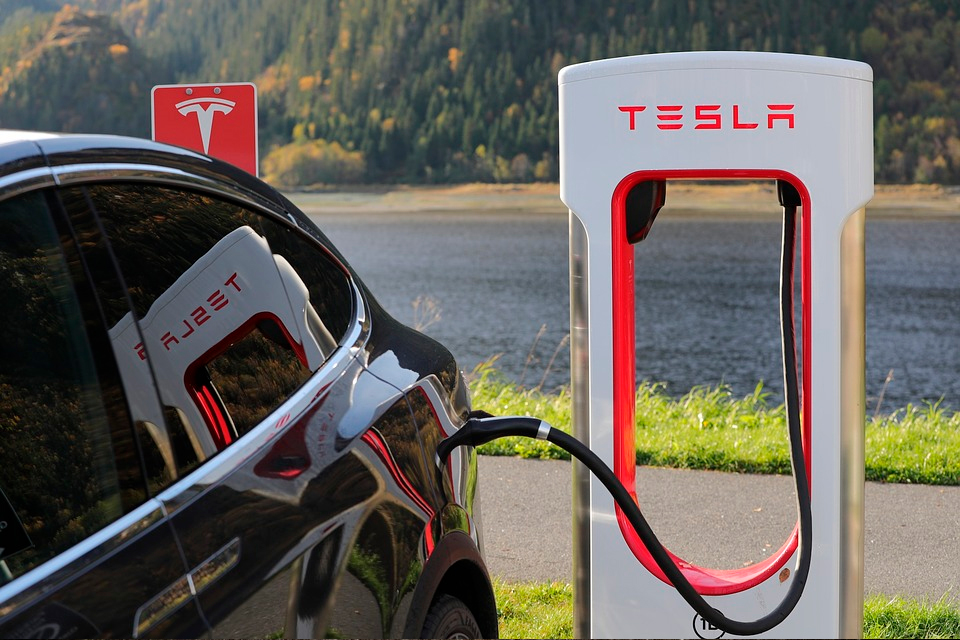
The company has also developed innovative energy storage solutions, such as the Powerwall and Powerpack , to help businesses and homes make the most of solar energy and reduce their reliance on fossil fuels. In addition, Tesla is working to develop advanced technologies, such as artificial intelligence and robotics, to improve energy efficiency and accelerate the transition to a sustainable energy future.
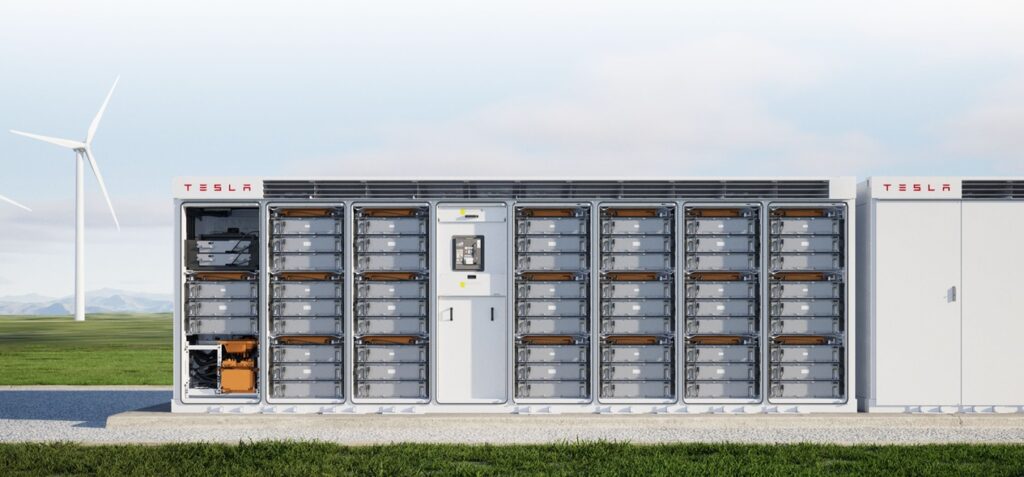
Recommendations to promote the implementation of these business models
- Foster collaboration between companies, organizations and governments: Collaboration between different actors is essential to move towards a sustainable energy future. Companies can collaborate with each other to share best practices, resources and technologies, thus accelerating the transition to more sustainable business models. In addition, collaboration with non-governmental organizations and governments can help establish regulatory frameworks and policies that promote sustainability.
- Establish clear and measurable objectives: It is important that companies establish clear and measurable objectives for their transition to sustainable business models. These objectives must be realistic and adapted to the situation of each company. In addition, it is important to measure and report progress on a regular basis to assess performance and make adjustments when necessary.
- Invest in innovation and technology: Innovation and technology are essential for progress towards energy sustainability. Companies must invest in research and development of sustainable technologies to improve energy efficiency, reduce greenhouse gas emissions and increase the production of renewable energy. In addition, the adoption of technologies such as artificial intelligence and the Internet of Things can help improve energy management and monitoring.
- Promote sustainability education and awareness: Sustainability education and awareness are essential to transition to more sustainable business models. Companies can involve their employees, customers, and suppliers in sustainability awareness and training programs. In addition, they can promote education in the community through social responsibility initiatives and educational programs.
- Establish incentives and recognition for sustainability: Incentives and recognition can be an effective tool to drive the adoption of sustainable business models. Companies can establish incentives for their employees and suppliers that promote sustainability, such as bonus programs or public recognition. In addition, they can participate in certification and recognition programs for sustainable companies, such as the Dow Jones Sustainability Index or the Global Reporting Initiative .
Conclusion
Energy sustainability has become a global priority, which has led the energy industry to adapt to new challenges through the implementation of new business models, promoting innovative and effective solutions.
Distributed power generation, energy efficiency, energy storage, renewable energy, electric mobility and the circular economy are some of the business models that are contributing significantly to energy sustainability.
These business models make it possible to reduce greenhouse gas emissions and improve the resilience of the electricity grid, in addition to offering additional revenue opportunities and improving competitiveness in the market.
References
- https://www.spglobal.com/spdji/en/education/article/the-benchmark-that-changed-the-world-celebrating-20-years-of-the-dow-jones-sustainability-indices/
- https://www.globalreporting.org/
- https://negociosostenible.camaravalencia.com/ambiental/tendencias/sostenibilidad-y-nuevos-modelos-de-negocio/





